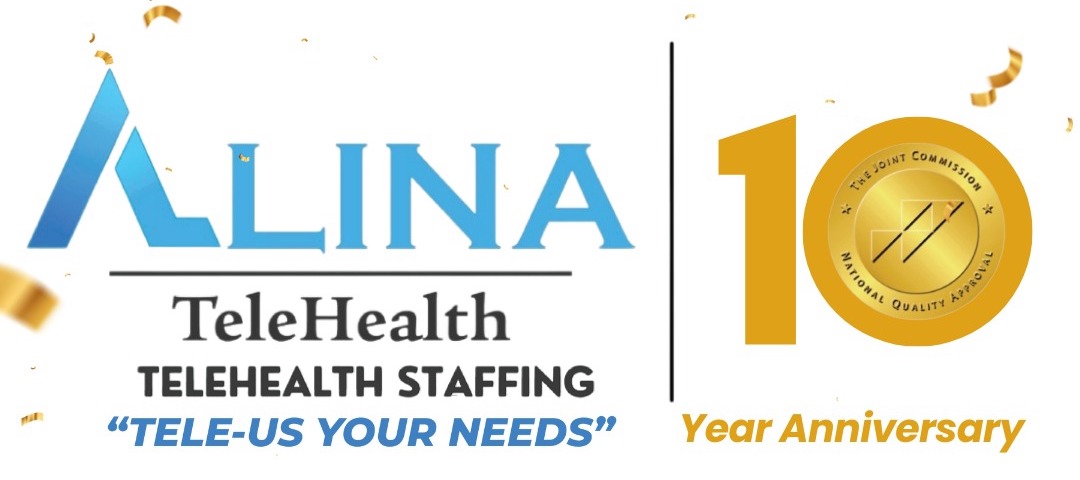Telehealth services and staffing solutions for hospitals and healthcare systems
Alina Telehealth connects your facility with experienced telehealth providers with more than 400 specialists across multiple specialties. From telepsychiatry to teleneurology, our telemedicine services help hospitals scale coverage and improve the quality of patient care nationwide.
Get a free consultation for your facility
Access hundreds of board-certified telehealth experts
Cover every staffing gap with credentialed experts in cardiology, neurology, infectious disease, and more, provided virtually by Alina’s nationwide network of specialists.
How Alina Telehealth Services Improve Patient Care
Virtual Care That Keeps Patients Moving
Alina Telehealth connects your patients to care faster, offering reduced wait times and more convenient appointments, including reliable follow-up from board-certified telehealth providers. Enhance your reputation and the patient experience through accessible, high-quality virtual care.
Why AlinaSolve Staffing Shortages
Keep your hospital or clinic running smoothly by filling provider gaps quickly as they are needed. Our staffing solutions connect you with board-certified telehealth providers wherever and whenever you need support.
Get in TouchAdapt to Demand
Change your provider and specialty coverage as your patient needs change. Alina Telehealth helps you stay responsive and keep care standards high, all without increasing your full-time staff or spreading them too thin.
Learn More
Telehealth service reviews from our partners
Answers to Common Telehealth Staffing Questions
How quickly can Alina Telehealth provide provider coverage for my facility?
Alina Telehealth can provide coverage when your facility needs it. Our national network of qualified providers, across a variety of specialties, allows hospitals and clinics to quickly fill coverage gaps.
What’s involved in getting started with telehealth staffing?
Getting started with Alina Telehealth is straightforward and requires little to no disruption. Our secure platform integrates with into your current office workflow, and we work closely with your team to identify staffing needs and support new and added services efficiently.
How does Alina Telehealth ensure care quality and compliance with regulations?
Alina Telehealth maintains exceptional care quality and rigorous compliance by using a secure and user-friendly platform specialized for telemedicine services. We support your facility with secure video consultations, electronic health records, and a deep network of experienced providers to ensure safe, compliant healthcare services when and where you need them.
Take the First Step to Better Coverage
We help hospitals, healthcare systems, and clinics nationwide access experienced telehealth providers when they need them most.
Get Your Free Consultation
